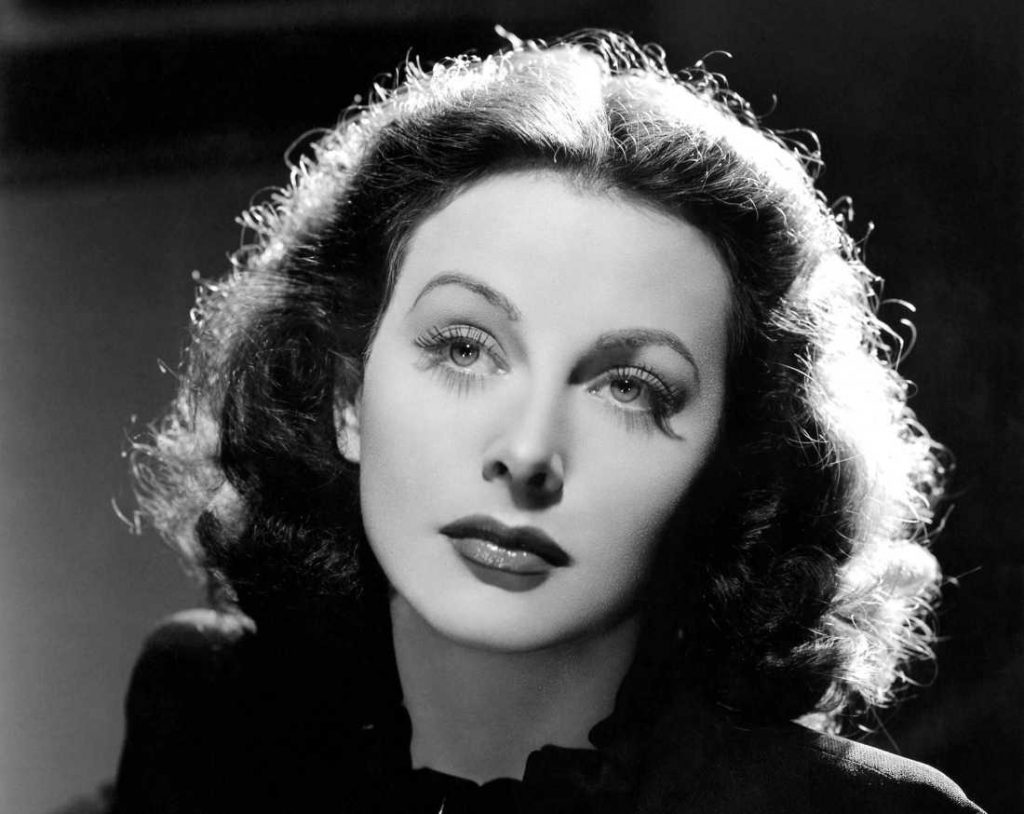Two Czech films took prizes at the 76th Venice International Film Festival, one of cinema’s top three annual events.
The 1933 restored
Czechoslovak erotic drama Ecstasy (Extase) won the prize for Best
Restored Film at the festival. It beat 19 other restored films.
Ecstasy screened as the pre-opening event of the festival, which ran
August 27 to September 7.
Vaclav Marhoul’s new film The Painted Bird (Nabarvené ptáče), based on a 1965 novel by Jerzy Kosiński, missed out on the top prizes in the main competition but took home the Cinema for UNICEF award, given out by a student jury. The award goes or films that focus on the human rights of children.
Expectations had
been high for Marhoul’s The Painted Bird. In 2012, the film’s
then-unproduced screenplay had won the Krzysztof Kieślowski Award at
Venice. The premiere screening in Venice received a reported 10
minute ovation at the end, though at many people attempted to leave
due to the graphic nature of the story.
The 169-minute
black-and-white film tells of a Jewish boy adrift in World War II,
going from one horrific event to another. Marhoul, however, disagrees
with calling it a Holocaust film. “The story forces us to ask
ourselves many unpleasant questions, and to seek often very painful
answers,” he said at the premiere.
The film features a cast of international stars including Stellan Skarsgård, Udo Kier, Harvey Keitel and Julian Sands, along with Petr Kotlár as the boy. It is the first film in Interslavic, a constructed language similar to Esperanto but based in Eastern European roots.
Marhoul was not disappointed with his prize. ““Some critics wrote that the movie is all about brutality and violence, but the young audience saw exactly what I intended them to see — hope, light, and humanity, so they actually counterbalanced some people’s opinions,” Marhoul said in Venice, according to press reports.
In another statement, the director said the film was meant to be optimistic. ““This movie takes you to very dark places, but I believe that is exactly how the light can come in. I invite everyone to go on this journey, to look for the light,” he said when Celluloid Dreams acquired the international sales rights.
“The Painted Bird”
will go to Czech cinemas on September 12, but screenings scheduled so
far are with Czech subtitles.
Ecstasy was directed
by Gustav Machatý and starred Hedy Kiesler, before she moved to
Hollywood and changed her name to Hedy Lamarr. The film is most
famous for having the first nude scene in a major motion picture,
something that caused censorship problems in many countries at the
time. The brief swimming scene has tended to overshadow the film’s
artistic qualities.
Director Machatý
wanted to push cinema in a more artistic direction. “Even before
making Ecstasy, I was convinced that my next film would have to be an
artistic act. My conviction grew stronger with every piece I read in
the press against the routine production of operettas and comedies. …
Ecstasy is in every way an attempt, an experiment: from the concept
through to the technical mastery of sound film as a whole. An attempt
at creating an international film, regardless of established models,”
he said in a 1933 interview.
The 4K digital
restoration was made possible by Czech National Film Archives in
cooperation with Film Servis Karlovy Vary. The technical work was
done at L’Immagine Ritrovata in Bologna, Italy. Archives that
participated in the process included British Film Institute,
Cinémathèque16, Cinémathèque suisse, France’s Centre national
du cinéma et de l’image animée, the Danish Film Institute,
Filmarchiv Austria, Gaumont and the Slovak Film Institute.
The film was shot in
German, Czech and French language versions, and parts of all of these
were used to reconstruct what the original Czech version likely
looked like.
Part of the reason that the film was in need of restoration was that Lamarr’s husband at the time the film was made, wealthy arms dealer Friedrich Mandl, attempted to stop the film from being seen by purchasing every existing print. He was not successful, but the original negatives for the film no longer exist. For decades, only faded and incomplete copied have been shown.
This was not the
first time Ecstasy competed at Venice. In 1934 it caused a scandal at
the second Venice film festival. At that time it shared the Coppa
Città di Venezia prize for Best Director. In an audience referendum,
it was named Best Foreign Film and Machatý was called the Best
Director.

Hedy Lamarr’s career has been the focus of renewed interest, largely due to her work as an inventor. She was one of many woman in the sciences whose contributions have been overlooked.
During World War II she came up with a new type of torpedo guidance system using manipulated radio waves. The US military ignored the proposal at the time, in large part because they were unwilling to take a glamorous actress seriously.
The principle was used for weaponry in the Vietnam War, though she was not credited. The same concept is the basis for FM radio, cell phones, and WiFI. Lamarr was posthumously inducted into the National Inventors Hall of Fame in 2014 for her frequency-hopping concept.
Wonder Woman actress Gal Gadot is set to depict Lamarr in an as yet untitled miniseries on Showtime.












 Reading time: 4 minutes
Reading time: 4 minutes 





























